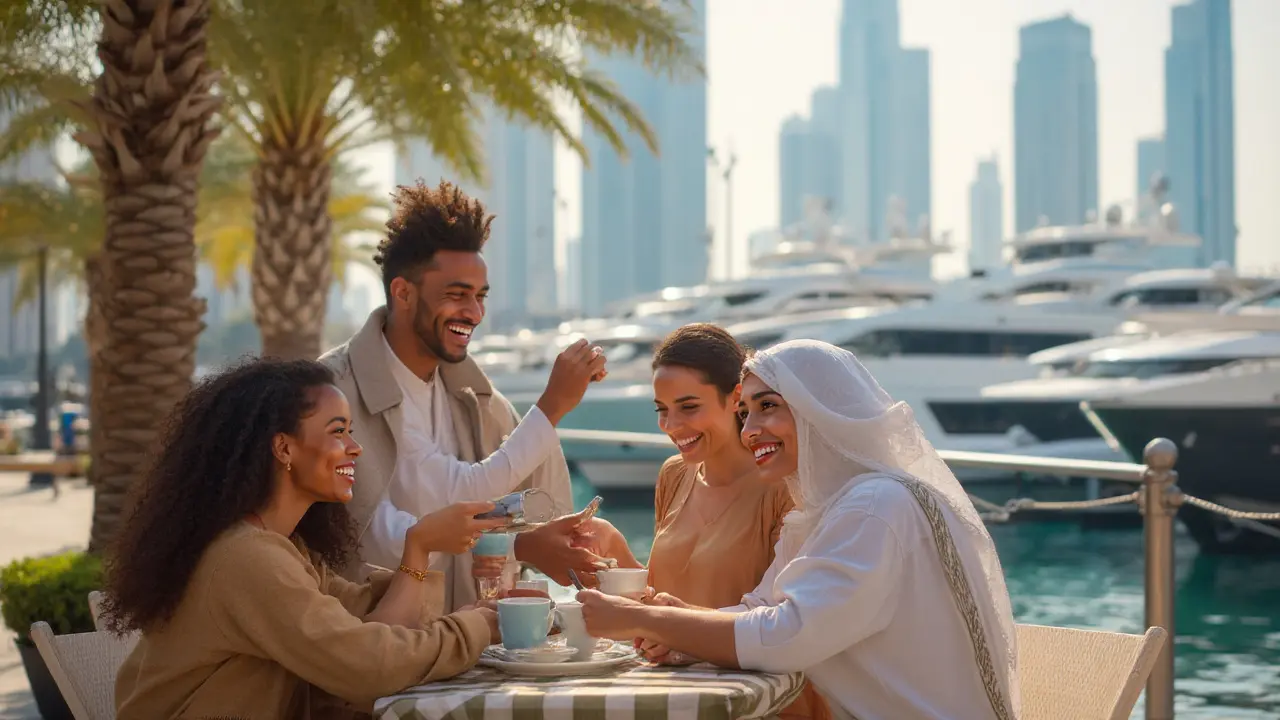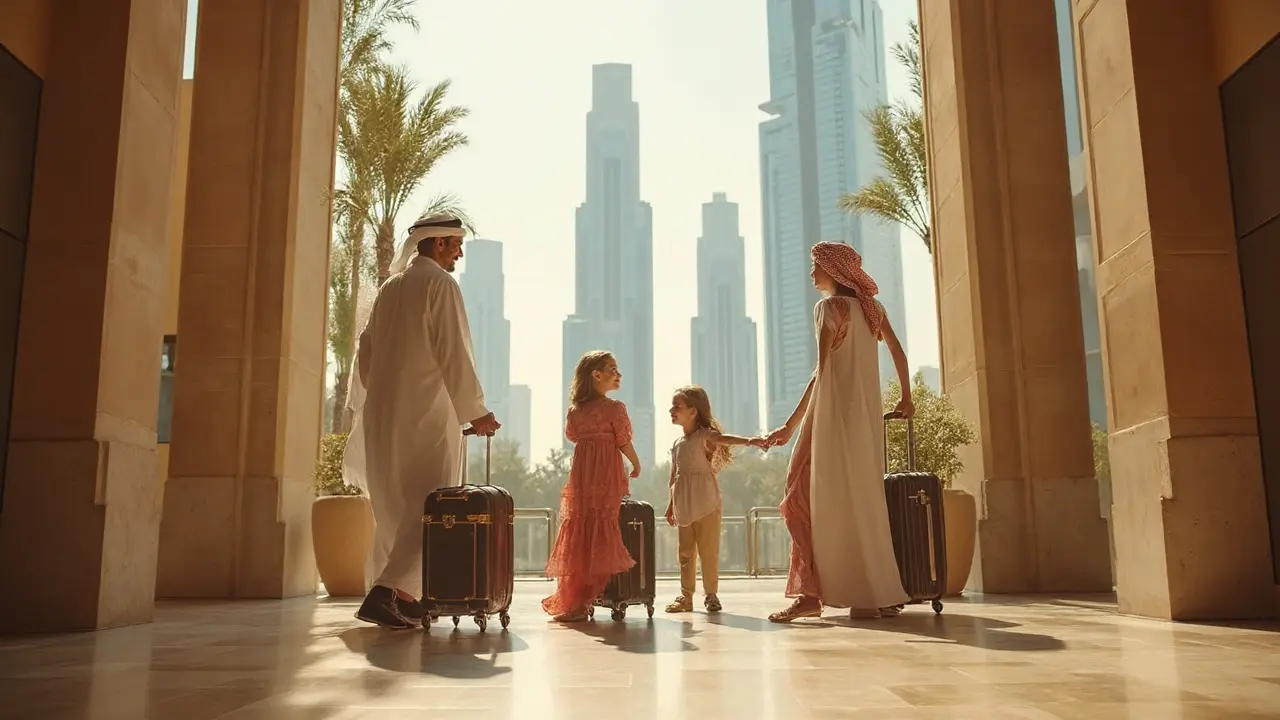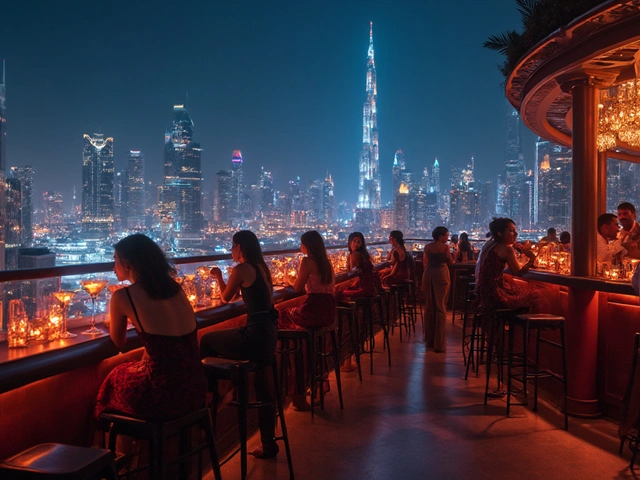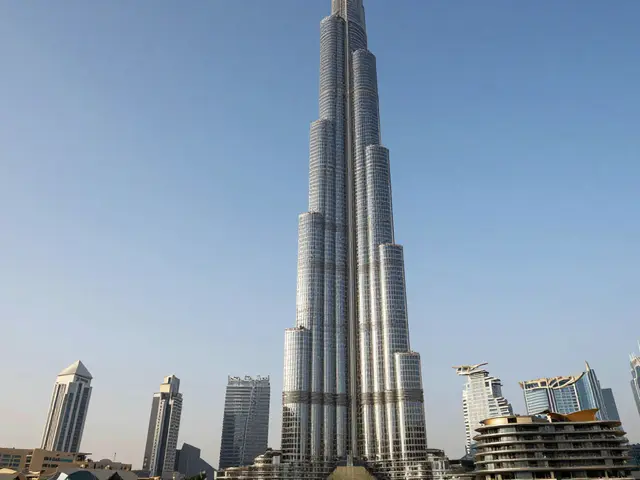
If you flew into Dubai’s jaw-dropping airport today with an American passport, you’d probably join the thousands of other US citizens who breeze right through immigration. But behind the glitz and efficiency is a bigger question: where does Dubai, a headline-making city in the UAE, really stand with the USA? Forget the stereotypes and the political gossip for a minute. The real story is a lot messier, more interesting, and sometimes surprising—even if you just want to sunbathe or shop in Dubai Mall.
Dubai and the USA: A Diplomatic Snapshot
Start with this: the United Arab Emirates and the United States have exchanged ambassadors since 1974. Dubai is one of seven emirates in the UAE, so it doesn’t make policy alone. But day-to-day, Dubai’s the face people think of when they imagine luxury in the Gulf, and that’s who hosts business delegations, artists, tech conferences, and even the NBA games. You’ll find the US Consulate in Dubai’s World Trade Center area hopping with citizen services and visa interviews. This steady traffic reflects the close ties between the two countries.
The UAE and the USA tag-team on security more than people realize. They’ve worked together on anti-terrorism, maritime security, and have held joint military exercises—for example, the Iron Union drills. While the UAE sometimes disagrees with certain US policies in the region (think Israel-Palestine), it mostly keeps those disputes low-key. Just last year, 2024, US and UAE officials met in Abu Dhabi and hammered out deals on tech exchange and countering cybercrime, showing that differences don’t freeze out friendship.
One more thing to remember: in the post-9/11 world, the UAE government made big moves to support the US on security and information sharing. It’s not all smooth sailing. Now and then, American companies clash with UAE rules—like when WhatsApp calls didn’t work in the city for years. But those hiccups don’t define the relationship as much as the daily grind of trade deals, embassy dinners, and business meetings.
Politically, the UAE has usually played it smart. It tries to be a peacemaker or a ‘bridge’—hosting everything from climate talks to bringing warring sides together (remember the Afghanistan peace talks?). That helps Dubai and the USA keep things cordial, no matter how dramatic things get elsewhere in the region.
Everyday Life: Are Americans Welcome in Dubai?
Americans are not only welcome—many Dubai-ites roll out the red carpet for visitors and expats from the States. Around 55,000 US citizens live in the UAE, most in Dubai and Abu Dhabi. What draws them? The tax-free salaries, for sure, but also Dubai’s thirst for international talent. Whether you’re teaching at the American School of Dubai, working for a Fortune 500 company’s Gulf branch, or starting a fitness studio, you’ll meet Americans everywhere from Friday brunches to the design districts.
You might picture culture shock, but daily life here feels oddly familiar for many Americans. English is everywhere. Walk through Jumeirah or Business Bay and you’ll probably bump into someone hosting a BBQ or inviting people to Super Bowl viewing parties. Dubai’s personal style can feel conservative (especially compared to, say, Miami), but it’s not unfriendly. If you respect the local rules—no public drunkenness, dress a bit modestly in malls or government buildings—you’ll get along fine.
Dubai is a show-off when it comes to services. Think world-class hospitals that accept US insurance, restaurants with every kind of American comfort food, and gyms pumping out Peloton-style classes. American brands are visible everywhere, from Apple to Walmart-owned brands, and there’s a Starbucks (or three) in every district. Even the malls seem to play a loop of Top 40 US hits. In Ramadan or during Emirati holidays, public spaces take on a calmer vibe, but there’s no blanket ban on having fun. Tourist spots like the Burj Khalifa or Atlantis Aquaventure don’t care about your passport’s color—they just want your selfie game strong.
One pretty cool thing: Dubai’s police force is known for being ultra-professional, and petty crime is extremely low. Expats say you can leave your phone at a café table and come back hours later, no drama. This sense of safety appeals to Americans who came from big US cities.
But no place is perfect. Some expats get a dose of reality when dealing with bureaucracy, which can be slower than what you’re used to in the US. And while Dubai can seem open-minded on the surface, strict laws around topics like drugs, free speech, and LGBTQ+ rights do catch some newcomers off guard. The best tip: do your research, ask other Americans who’ve lived here, and respect the local way. Dubai shines when you treat it with curiosity—not just as a luxury layover.

Trade, Tourism, and Trends: What Do US-Dubai Ties Look Like on the Ground?
If you peek at the numbers, the Dubai-USA connection is impossible to miss. In 2023, US-UAE trade hit $31.4 billion, with aircraft, machinery, and vehicles leading the way. Over 1,500 American businesses operate in the UAE, and Dubai is their base for handling everything from African sales to Indian Ocean logistics. Big names like Microsoft, Boeing, and Citibank set up shop in Dubai for a reason: the city’s safe, English-friendly, and location-savvy.
Tourism tells its own story. Over 700,000 Americans visited the UAE last year, the bulk funneling through Dubai. Most US visitors don’t need a pre-arrival visa—they get a free 30-day stamp at the airport. Want a tip? American travelers say the best time to visit is between November and March, when the heat’s not so wild. US credit cards work everywhere, and hotel chains from Hilton to Marriott offer familiar loyalty perks.
Here’s something not everyone knows: Dubai often hosts US cultural festivals and business networking events. Major conferences, film screenings, and indie music nights get official support. Dubai’s American Business Council throws regular mixers, and schools celebrate US holidays. Even the Dubai Fitness Challenge, a citywide health event, draws inspiration from American fitness trends, which says something about cultural exchange flowing both ways.
On the practical side, some US expats point out a few caveats. The cost of living is no joke—rents in Dubai Marina or JBR run almost as high as in LA or Miami. Health insurance is a must. Navigating banking or driver’s license paperwork can be tricky if you expect everything to move at Silicon Valley speed. But these are speed bumps, not deal-breakers.
Here’s a quick look at some statistics that paint Dubai-USA ties in black and white:
| Aspect | Detail (2024) |
|---|---|
| US Citizens in UAE | Approx. 55,000 |
| Bilateral Trade Volume | $31.4 Billion |
| American Companies in UAE | 1,500+ |
| US Tourists to Dubai/UAE | 700,000+ |
| Direct Flights (Per Week) | 100+ |
And yes, Dubai’s Instagrammable skyline and soft power appeal draw a steady stream of US celebrities, YouTubers, and influencers, who mostly gush about the local hospitality. So if you’re planning a trip, or thinking of relocating, Dubai’s not just friendly—it’s practical and even a bit starstruck by all things American.
Tips for Americans: Visiting or Living in Dubai?
If you’re coming for holiday or a work stint, here’s the lowdown for US citizens. First: dress smart. Dubai fashion is pretty cosmopolitan, but cover your shoulders and knees in government facilities and traditional neighborhoods. Bikinis are fine at most hotels, but leave the speedos at home unless you’re on a private beach.
Money-wise, keep cash handy for small purchases but swipe your US credit card for just about everything else. Tipping is expected but not as heavy as in the States—5-10% is more than enough. And rideshare apps like Uber and Careem rule the roads, with English-speaking drivers making navigation easy.
Public affection? Keep it chill. Holding hands is okay for couples, but kissing in public can get you a warning. Save the PDA for the hotel room. Alcohol is legal for non-Muslims, but you’ll need to drink in licensed hotels, bars, or clubs, and never in public places. When Ramadan rolls around, restaurants may cover windows and forbid eating in public from sunrise to sunset, but most hotels make exceptions for non-Muslims.
When it comes to tech, Dubai is actually ahead of the game. Fast WiFi is everywhere, and you’ll find American streaming services and TV channels (though some content may be censored). WhatsApp text and email work as usual, but video calling on WhatsApp and FaceTime was blocked for years as of 2025, though Zoom’s available for business. If you rely on certain apps or websites, check what works before you land.
Don’t mess around with drugs—UAE law is harsh on that. Even meds like codeine need a doctor’s note and pre-approval. And if you’re LGBTQ+, double check guidelines on public displays or dating apps, as Dubai’s strict laws still apply. Some expats say the city’s more accepting than people expect—but privacy is key.
Finally, network. Dubai’s American community is big but close-knit. Join Facebook groups, hit up embassy events, and talk to locals. Dubai runs on who you know, whether you’re job-hunting, renting an apartment, or discovering the best shawarma spot. Most locals and long-timers have a soft spot for US visitors who are curious and respectful.
So, is Dubai friendly with the USA? The short answer: absolutely. Whether you’re landing for a conference, a new job, or a quick layover, there’s a good chance you’ll feel that famous Emirati hospitality, all while enjoying a big slice of American-style convenience. Just keep an open mind, show respect, and your Dubai story will write itself.



